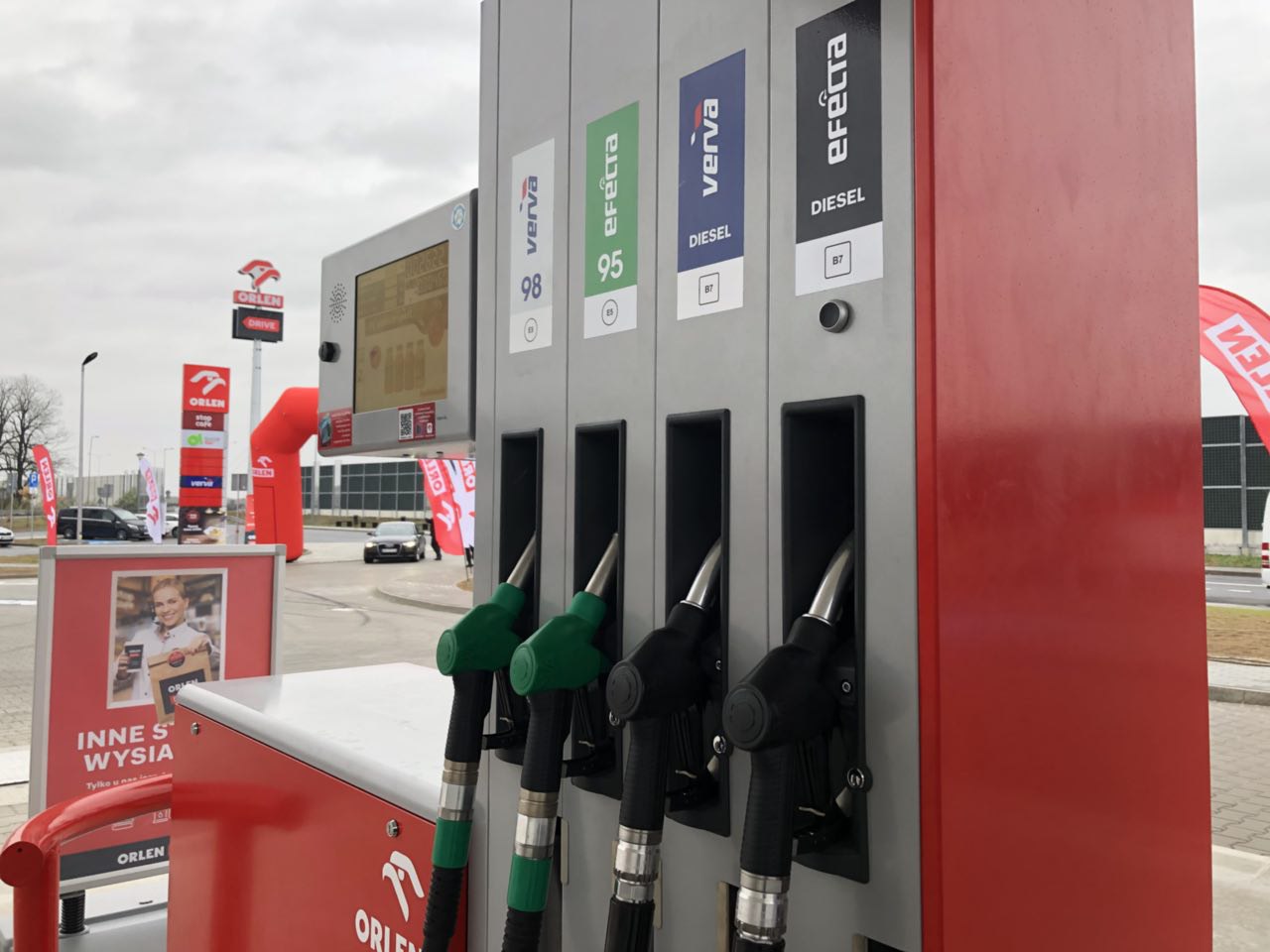„Considering fuel security in the new tense geopolitical conditions and what is happening in Ukraine, it is necessary to keep as big reserves as possible in ready – made fuels,” urges Leszek Wiwała, Director General in Polish Petroleum Industry & Trade Organization tells BiznesAlert.pl.
- In these turbulent times, the state should assume responsibility for maintaining emergency reserves that will last at least 60 days as soon as possible. At the same time, it is worthwhile to carry out a comprehensive reform of the inventory system – Leszek Wiwała explains to BiznesAlert.pl.
- It is better not to write about specific threats, especially in the field of physical security, we should let sleeping dogs lie – our interlocutor says.
BiznesAlert.pl: What are the Polish needs when it comes to the expansion of oil and fuel storage facilities?
Leszek Wiwała: Poland, as a member state of the European Union and the International Energy Agency, should maintain mandatory stocks of oil and fuels corresponding to a minimum of 90 days of demand. That’s nearly 1/4 of the market. Since 2015, the registered fuel market has grown significantly due to economic development and the reduction of the grey economy. Sales of gasoline during this time increased by 3 billion liters, and diesel by 8.4 billion liters. A simple calculation shows that the storage needs for maintaining stocks increased by 2.85 billion liters, while the actual storage capacity in fuels increased by just under 0.7 billion liters. In practice, the industry additionally needs more than 0.6 billion liters of capacity in gasoline and approx. 1.55 billion liters of diesel. It is worth mentioning that we have relatively small storage capacities for LPG. It is now less than 0.1 billion l. Therefore, LPG stocks are held in gasoline, and this further increases the pressure on storage capacity. Essentially, only in the case of oil, thanks to large caverns, the storage facilities are sufficient. Work is underway to adapt some of these depots for fuel storage, but it is not an easy process. Considering fuel security in the new tense geopolitical conditions and what is happening in Ukraine, it is necessary to keep as big reserves as possible in ready – made fuels. Storage of oil is good when times are stable, but not when the situation is of heightened risk.
What legal changes are needed?
It is necessary to resume the process of restructuring reserves that was interrupted years ago to increase the responsibility of the state, specifically the Governmental Strategic Reserves Agency (RARS).
Since March 31, 2017, traders have been required to maintain a physical stock of fuel and oil in an amount corresponding to a minimum of 53 days of market demand, while RARS is responsible for the remaining 37 days. Such proportions negatively affect, among other things, the efficiency of utilizing domestic storage capacities due to their shortages. Every entrepreneur tries to maximize their needs in case of increased sales. According to what was assumed at the beginning of the creation of the inventory system, the ratio of the distribution of responsibility between the state (the Agency for Material Reserves, and now the RARS) and fuel companies should be 2:1, which translates to 60 to 30 days. Under the financing of such a division, a reserve fee was constructed, from which the funds would be used to purchase fuel. Unfortunately, the rapid growth of the legal market in 2016-2019 blocked the legislative work. Then there was COVID-19, and even later the war broke out in Ukraine. A lot of time has been lost, and the level of fuel safety is decreasing from year to year. This can’t go on. In these turbulent times, the state should assume responsibility for maintaining emergency reserves that will last at least 60 days as soon as possible. At the same time, it is worthwhile to carry out a comprehensive reform of the inventory system in order to exempt smaller entities from the obligation to maintain physical inventory, in exchange for a correspondingly higher storage fee. Changes are also needed to seal the system and prevent rogue traders from artificially understating their obligations as part of the inventory system (e.g. preventing the so-called „three-field system”). At the same time, it is worth making the procedures more flexible in order to increase the efficiency of the inventory system. In addition to regulatory changes, it is worth doing training on the operation of the system, and conduct exercises in the form of workshops to be ready for possible market turbulence.
What are the risks to security of supply in the short and long term, particularly in terms of physical security?
It is better not to write about specific threats, especially in the field of physical security, we should let sleeping dogs lie. Entrepreneurs cope well with supply market disturbances, for example, in connection with the move away from oil and fuel imports from Russia. Over the past few years the logistics industry has had to face many challenges. Thanks to this experience in the face of crisis situations the industry operates efficiently and effectively, so much so that the negative effects of market turmoil are virtually imperceptible to the consumer. The sanctions on Russian LPG will enter into force on 20 December. This will be a big change, although it seems that structurally the market should balance. Domestic gasoline production may still increase a little, but the scope of this increase is small. The increased demand for gasoline will be met from imports, but it will not be possible to maintain the required physical stocks. In a situation that threatens the stability of supplies, the state has the opportunity to take appropriate crisis tools, although let us hope that such extraordinary measures will prove unnecessary. It is extremely important for LPG consumers, especially in segments other than autogas, wherever tanks are available, to fill them as soon as possible while there is an oversupply of LPG and its price is exceptionally favorable for consumers. Such appropriate preparation for the heating season will reduce pressure on the autogas market, especially after the embargo on Russian LPG enters into force.
Interview by Wojciech Jakóbik









